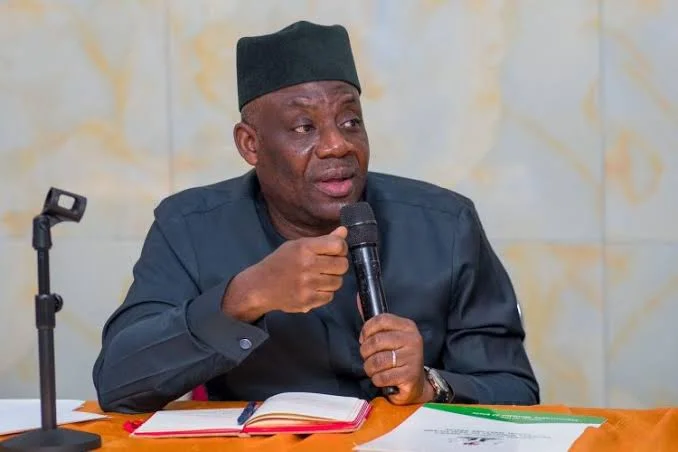The Federal Government of Nigeria has established 16 as the minimum age for admission into tertiary institutions.
This was announced by the Minister of Education, Dr. Tunji Alausa, on July 8, 2025, during the Joint Admissions and Matriculation Board (JAMB) Policy Meeting in Abuja.
The decision aims to ensure cognitive maturity and academic readiness while addressing long-standing debates about raising the age limit.
Details of the New Policy
Dr. Alausa emphasized that the minimum entry age of 16 is “not negotiable”.
He then directed all universities, polytechnics, and colleges to strictly enforce the regulation.
Speaking at the JAMB meeting, he stated that the policy strikes “a balance between cognitive maturity and academic preparedness,” settling earlier discussions about increasing the age to 18.
The Minister also mandated compliance with the Central Admission Processing System (CAPS).
Thereby warning that admissions conducted outside this platform would be deemed illegal, with violators, including institutional heads, facing prosecution.
Context and Rationale
The policy responds to concerns about underage students in tertiary institutions, with previous debates sparked by parents and educators advocating for higher age limits to ensure emotional and intellectual readiness.
The decision to maintain 16 as the threshold aligns with Nigeria’s educational framework, where students typically complete secondary school by this age.
Alausa’s directive reinforces JAMB’s role in standardizing admissions, addressing issues like fraudulent entries and backdoor admissions, which have plagued the system.
Implications for Institutions and Students
The strict enforcement of the 16-year age limit will require institutions to verify applicants’ ages rigorously, likely through birth certificates and JAMB’s CAPS database.
The policy could delay admission for younger high-achievers, potentially affecting early graduates from secondary schools.
JAMB’s registrar, Prof. Ishaq Oloyede, noted that CAPS would be upgraded to flag underage applicants automatically, ensuring compliance.
The move also aims to curb corruption in admissions, with Alausa citing past cases where institutions admitted students as young as 12, undermining academic standards.
Broader Educational Impact
Nigeria’s tertiary education system, with over 200 universities and thousands of applicants annually, faces challenges like overcrowding and inconsistent standards.
The age policy, combined with CAPS enforcement, seeks to streamline admissions and enhance transparency.
However, it may face resistance from private institutions and parents of gifted students.
The government’s firm stance signals a broader push for educational reform under President Bola Tinubu’s administration, which has prioritized compliance and accountability in public institutions.
Looking Ahead
As institutions prepare for the 2025/2026 academic session, JAMB and the Ministry of Education will monitor compliance closely, with potential sanctions for non-compliant institutions.
Students under 16 will need to defer applications, prompting calls for alternative pathways like pre-degree programs.
The policy’s success will depend on effective implementation and public acceptance, with stakeholders urged to engage with JAMB’s guidelines to avoid disruptions.






















